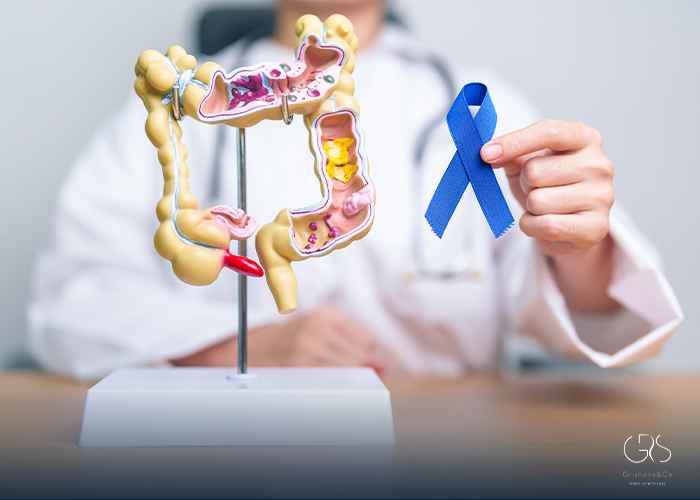In recent years, eggs have undergone a shift in perception regarding their impact on cholesterol levels and heart health. This article aims to delve deeper into the evolving understanding of eggs and their relationship with cholesterol. We will explore the impact of an egg-heavy diet on cholesterol levels, assess the broader implications for heart health, and provide practical guidance on incorporating eggs into a balanced and heart-healthy diet.
Reassessing the Impact of an Egg-Heavy Diet on Cholesterol Levels:
Historically, dietary guidelines cautioned against the consumption of eggs due to their high cholesterol content. However, contemporary research, including a study published in the American Journal of Clinical Nutrition, challenges the long-held belief that dietary cholesterol from eggs significantly raises blood cholesterol levels [source]. This emerging evidence prompts a reevaluation of the impact of an egg-heavy diet on cholesterol and overall heart health.
Debunking the Myth: Are Eggs Actually Heart-Healthy?
The prevailing belief that eggs are detrimental to heart health has been called into question by recent scientific findings. While egg consumption may not have the anticipated adverse effect on blood cholesterol levels, it is important to consider the broader nutritional profile of eggs. With their high-quality protein, essential vitamins, and minerals, eggs can indeed be a valuable and heart-healthy component of a balanced diet. However, it is essential to approach egg consumption with moderation and a comprehensive understanding of their nutritional impact.
Navigating Eggs in a Heart-Healthy Diet:
Incorporating eggs into a heart-healthy diet involves more than just understanding their cholesterol content. Addressing the method of preparation is crucial, with options such as boiling, poaching, or minimal oil-based scrambling being preferable for maintaining the nutritional benefits of eggs while minimizing unnecessary saturated fats. Moreover, pairing eggs with nutrient-dense foods such as vegetables, whole grains, and healthy fats can enhance the nutritional value of meals and contribute to heart health.
Examining Diverse Perspectives: Individual Variability and Dietary Guidelines:
Acknowledging the diverse responses to dietary cholesterol and recognizing individual health considerations are essential components of the conversation surrounding egg consumption. For individuals with specific health conditions or genetic predispositions, seeking guidance from healthcare professionals before making dietary changes is imperative. Moreover, aligning egg consumption with specific dietary guidelines, such as the DASH or Mediterranean diet, necessitates a nuanced approach to integrating eggs within individual eating patterns.
Embracing the Nutritional Benefits of Eggs:
Beyond the debate about cholesterol, it is crucial to emphasize the numerous nutritional benefits that eggs offer. From being a rich source of high-quality protein and essential vitamins to their potential roles in weight management , eye health, brain health, and heart health, eggs embody a spectrum of valuable nutrients that contribute to overall well-being.
(Check out my article about egg white benefits)

Conclusion:
In light of the evolving evidence, it becomes increasingly evident that eggs can be part of a heart-healthy diet when approached with mindfulness, moderation, and an understanding of their nutritional complexity. By reevaluating longstanding beliefs and embracing the multifaceted nutritional value of eggs, individuals can make informed dietary choices that support their overall health and well-being.
Sources
- Mayo Clinic, Eggs: Are they good or bad for my cholesterol?
- Harvard Health Publishing, Ask the Doctor: Are eggs risky for heart health?










